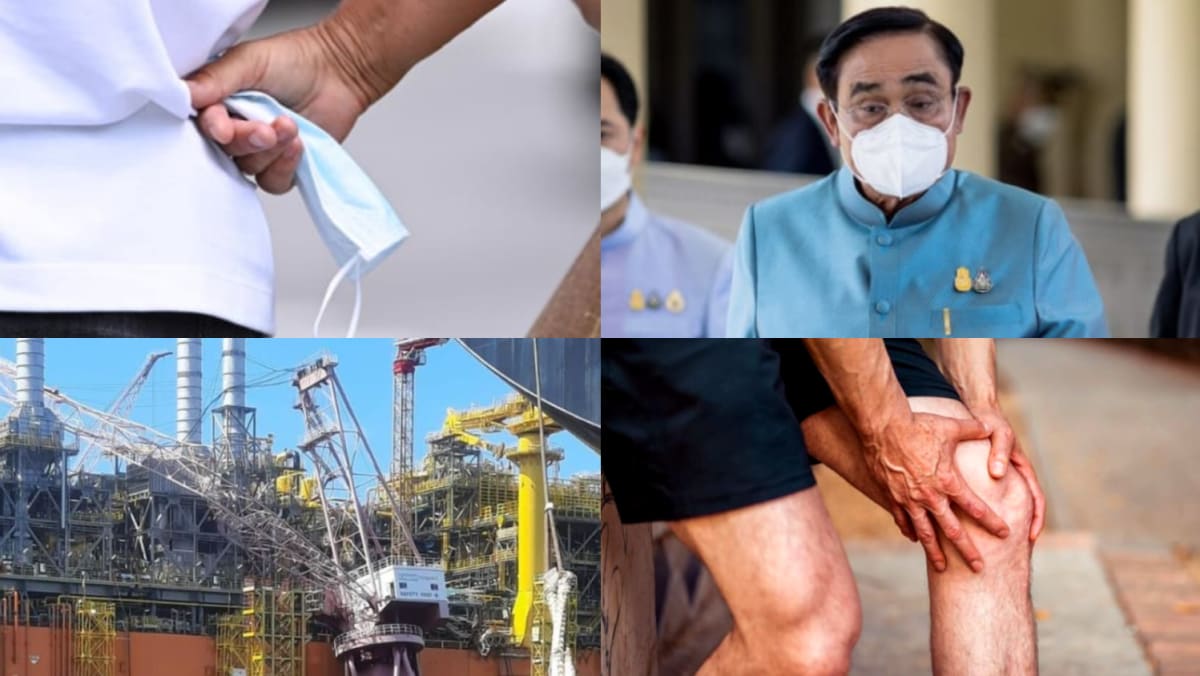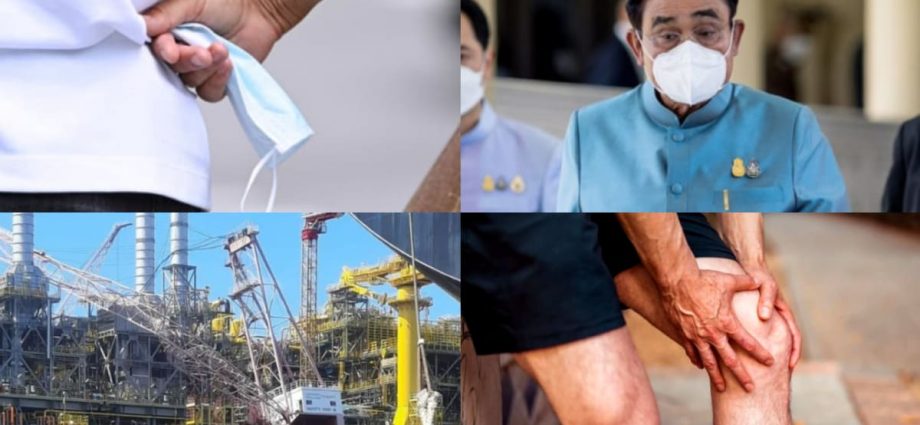
Let’s get you up to speed with the day’s stories.
From next Monday (Aug 29), masks will be optional in most places in Singapore.
Masks will still have to be worn on public transport modes such as the MRT, LRT and public buses, but they will not be required at airports, naturally ventilated bus interchanges or in retail areas.
Masks will be optional on taxis, school buses, private bus services and other private transport modes.
Flag carrier Singapore Airlines says masks will not be required on its flights unless travelling to or from destinations that require it. The Land Transport Authority says taxi and private-hire drivers as well as passengers are encouraged to continue wearing masks.
Separately, non-fully vaccinated travellers will be allowed to enter Singapore without being required to apply for approval or observe a 7-day stay-home notice. The requirement for a COVID-19 pre-departure test remains.
A second COVID-19 booster, to be taken from five months after the first, is now recommended for people aged 60 and above in Singapore.
A booster dose is also recommended for children aged 5 to 11.
Thailand’s constitutional court has suspended Prime Minister Prayut Chan-o-cha from official duty.
The move follows a petition to review his legally mandated eight-year term limit. It is unclear when the court will deliver a final ruling on the case, which was brought by the opposition.
A caretaker will be appointed, with Deputy Prime Minister Prawit Wongsuwan among those tipped for the role.
The body of a worker who fell into the sea after part of a concrete pier at Keppel Shipyard in Tuas collapsed was found on Wednesday morning.
The 38-year-old Bangladeshi worker had been on the pier when it collapsed. Four other workers suffered minor injuries and are in stable condition.
11% of Singapore’s population has painful knee arthritis, one orthopaedic specialist says. Another adds that he has seen nearly as many patients in their 40s with knee pain as those over 60 – except that pain for the average 40-something is still manageable with non-surgical treatment.
What are the signs that you may need knee replacement surgery in the future, what can you do to avoid it, and do supplements like glucosamine and collagen actually help? CNA Lifestyle put the questions to the specialists.

